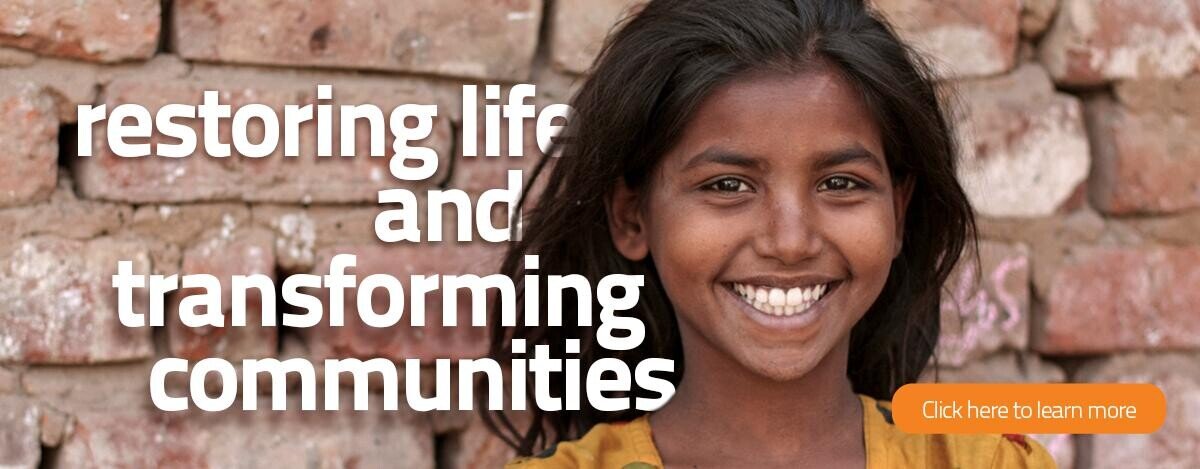Globally there has been a fierce outbreak of measles this year. Parts of Africa have been badly hit. We saw it ourselves in New Zealand with a surge in cases earlier in the year. However in recent weeks the news from Samoa has been devastating. By early December over 50 children have died from the measles epidemic.
Banzaid does not have any active programme in Samoa. We do have contact through the Nu’u Fou Baptist Church in Apia. They ask us to be praying for the people of Samoa through this time. They are not organising any specific programme themselves, but will be cooperating with the Samoan Government response and other local organisations who have the resources and facilities to respond.
The following CID member organisations are active in Samoa (CID is the umbrella organisation for New Zealand based development organisations), and we suggest that donations for the measles response be sent through one of these agencies:
UNICEF - providing over 100,000 vaccine doses.
Caritas Aotearoa – providing hospital-grade linen and hand sanitiser, and transportation support to ensure medical staff mobility.
ADRA - providing of water and food to queuing families and staff at vaccination centres, along with delivery of neo-natal equipment donated by regional medical authorities.
Rotary - working with local manufacturers and business to provide beds and cots to further support the comfort of high numbers of patients in hospital.
A copy of CID's full press release is available here,
The official New Zealand Ministry of Foreign Affairs response is here. They have the following advice about collecting and sending donated goods to Samoa:
THINK TWICE BEFORE DONATING GOODS
When disaster strikes overseas many people are keen to help, but donating goods at the wrong time can cause more problems, rather than help, relief efforts. They can get in the way of the delivery of life-saving humanitarian supplies such as medical equipment. They can be time consuming and difficult for the affected country to store, transport and distribute. Sometimes the cost of transporting goods can be more expensive than the value of the goods.
If you are going to donate goods it is best to only donate goods that have been asked for by an authority working on the ground.
Before organising a collection of donated goods:
Find out whether the goods are needed on the ground, and if they are appropriate for the country.
Ensure they are of good quality, not perishable and safe for others to use.
Make sure you have a good understanding of all costs involved, including freight to the country, transport within the country, and any wharf, handling and customs charges.
Make sure you have a clear plan for the goods once they arrive in the affected country, including people who will take responsibility for the logistics and costs of collecting, storing, sorting and distributing the goods.

